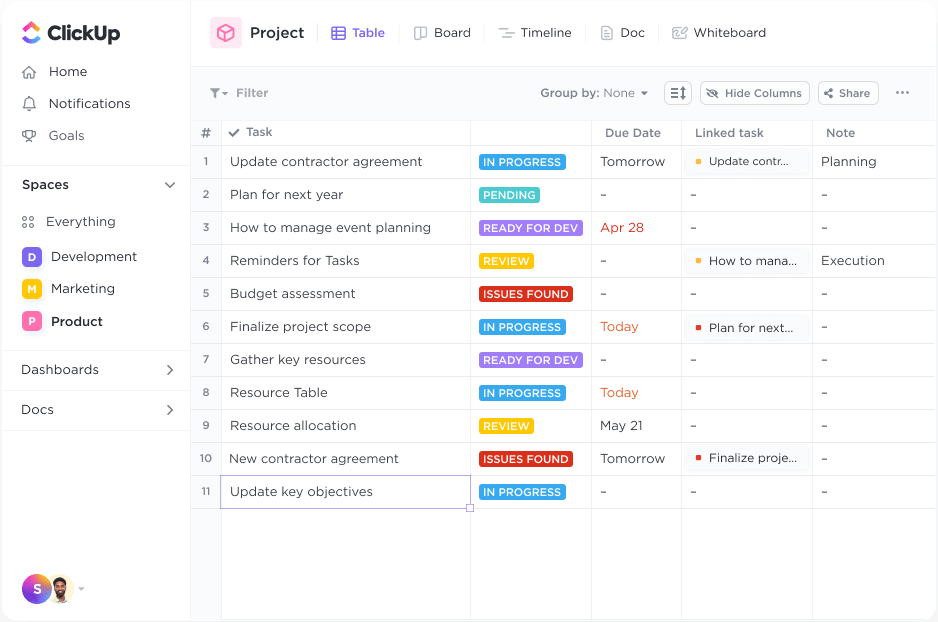5 Ways to Spot Missing Data in Excel Sheets

In today's data-driven world, the accuracy and completeness of data are paramount for effective decision-making. Excel, being one of the most widely used tools for data analysis, often contains datasets that might have missing values. Recognizing these missing values is crucial because they can skew analysis results, leading to inaccurate insights. This article outlines five effective ways to spot missing data in Excel sheets, ensuring your data analysis is robust and reliable.
1. Visually Inspect Your Data

The simplest way to spot missing data is through visual inspection:
- Open your Excel workbook.
- Scroll through your dataset visually, noting any cells that appear empty or contain placeholders like “NA,” “?”, “-”, or “Null.”
🔍 Note: While this method is intuitive, it becomes impractical for large datasets due to its time-consuming nature.
2. Using the “Filter” Feature

Filtering your data can reveal missing entries:
- Select the column(s) you wish to check for blanks.
- Go to Data > Filter.
- Click the drop-down arrow in the column header and deselect all to untick all options. Scroll down and check the option for Blanks.
Excel will now only show rows where the selected column contains blanks.
3. Conditional Formatting for Missing Values

Conditional formatting can visually highlight missing data:
- Select the range of cells or columns you want to analyze.
- Go to Home > Conditional Formatting > New Rule.
- Choose the rule type “Format only cells that contain.”
- Select “Blanks” in the dropdown menu.
- Apply a noticeable fill color or font change to highlight these cells.
This method makes it easier to spot missing entries at a glance.
4. Utilizing ISBLANK Function

The ISBLANK function can identify empty cells:
- Insert a new column next to your data column.
- In the first cell of the new column, type the formula:
=IF(ISBLANK(A2), “Missing”, “Present”)
- Assuming your data is in column A, this formula checks if A2 is blank. Drag the formula down to apply it to all rows.
Now you can sort or filter this new column to easily see where the data is missing.
| Function | Use Case |
|---|---|
| ISBLANK(cell reference) | Checks if a cell is blank |
| IF(condition, value if true, value if false) | Conditional output based on the presence of data |

🔍 Note: ISBLANK also recognizes cells with only spaces as empty, which might not be the intended behavior if spaces are significant in your dataset.
5. Advanced Techniques with Excel Add-ins

For larger datasets or more advanced analytics, consider using Excel add-ins like:
- Power Query: Transform your data to flag or remove missing values before analysis.
- PivotTable: Create a PivotTable where you can filter by empty values to see which items have missing data.
- Analysis ToolPak: Use statistical functions to identify patterns or frequency of missing data.
These tools provide more robust methods for handling and analyzing data completeness.
🔍 Note: While add-ins offer powerful functionality, they require some setup and learning curve to master.
The accuracy of your data analysis hinges on the completeness of your datasets. Missing data can lead to biased results, compromise statistical validity, and diminish the effectiveness of predictive models. By utilizing these five methods—visual inspection, filtering, conditional formatting, ISBLANK functions, and advanced Excel features—you can ensure that your Excel sheets are as complete as possible. This ensures your insights are both accurate and reliable, paving the way for informed decision-making. Regular data cleaning and validation become routine practices, enhancing the quality of your work.
Can conditional formatting highlight missing data in hidden columns?

+
No, conditional formatting won’t work on cells that are hidden or filtered out. If you hide columns or apply filters, the formatting might not be visible.
What if my missing data uses different placeholders?

+
You can extend the search for blanks by modifying the conditional formatting rule or using formulas like =IF(OR(A2=“”,A2=“NA”),“Missing”,“Present”) to check for various placeholders.
Are there Excel functions other than ISBLANK that can help identify missing data?

+
Yes, functions like COUNTA() can count non-empty cells, providing an indirect way to identify how many cells might be empty, while VLOOKUP or MATCH can help check if values are present across datasets.